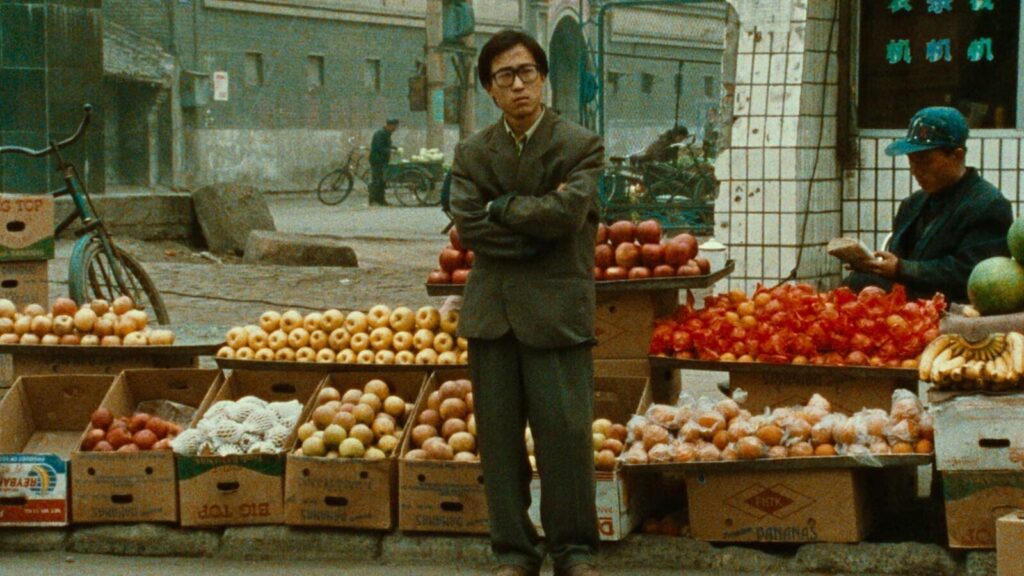SUZHOU RIVER AND THE UNVARNISHED REALISM OF SIXTH GENERATION CHINESE CINEMA

Written by Andrea Cardenas, AFS Creative Careers Intern
This May, AFS Cinema presents Lou Ye’s newly restored SUZHOU RIVER, one of the defining films of the Sixth Generation film movement in China. In a post-Mao, rapidly evolving cultural landscape, the filmmakers of the Sixth Generation — Ye included — sought to create films that eschewed the typical aesthetic and themes found in the works of their predecessors.
China saw dramatic sociopolitical transformations in the 20th Century, which are reflected in the diverse filmography of the country. Following Mao’s Cultural Revolution, which had little film production, the 1980s ushered in an innovative group of filmmakers known as the “Fifth Generation,” composed of such formidable directors as Chen Kaige (FAREWELL MY CONCUBINE), Tian Zhuangzhuang (THE HORSE THIEF), and Zhang Yimou (RAISE THE RED LANTERN). Their work was widely acclaimed and jettisoned China into the international cinematic conversation. The Fifth Generation films are known for their rich visual imagery, many focusing on the country’s past on a large scale with a strong emphasis on rural areas and tradition.
The 1989 Tiananmen Square protests and massacre would serve as the catalyst for a new, grittier group of filmmakers, “The Sixth Generation,” who were compelled to craft films focused on the present. Directors include Lou Ye (SATURDAY FICTION, SUMMER PALACE), Zhang Yuan (EAST PALACE, WEST PALACE), and Jia Zhangke (PICKPOCKET). Sixth Generation films were mostly independently funded due to the privatization of the movie industry and evaded Chinese censorship to deal with taboo topics ranging from homosexuality to urban crime and substance abuse. They focused on everyday people in urban areas, like, for example, SUZHOU RIVER, which is set amidst the working-class neighborhoods of post-industrial Shanghai. This feeling of realism was often exemplified by the use of non-professional actors, which resulted in an unintentional cinéma vérité-style of filmmaking.
In further contrast, due to low budgets, most of these early works were shot and edited in vastly different ways from their predecessors. 16mm film or digital video hand-held cameras were utilized, and the resulting – often shaky – footage was then cut to look jagged and raw, taking on an unvarnished feel akin to the story material being presented.
While it is true that many of the Sixth Generation filmmakers were radical in their approach and technique to film, the homogenous label went on to connote themes of political and social subversion with the filmmakers and their art becoming symbols of political defiance to Western audiences. In an interview with Art Forum in 2000, Ye expressed wariness toward the Western attraction to the spectacle of Chinese censorship, feeling that critics sought specific government critiques rather than focusing on the filmic material at hand.
It is hard to define this film movement as any one thing, but on top of their common themes and style of expression, Ye and other filmmakers of the Sixth Generation are united by their experimental, deeply felt reflections on an evolving society.
Lou Ye’s SUZHOU RIVER screens at AFS Cinema on May 14–21. Check out the trailer below.















